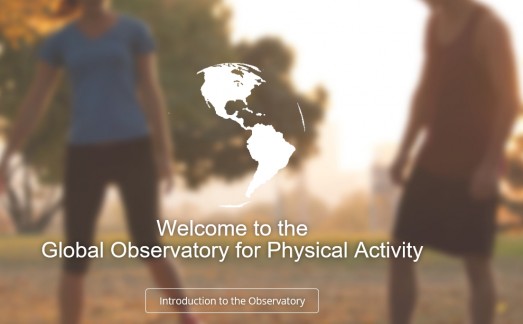GoPA! draws a portrait of physical activity worldwide: Now is the time for advocacy, says ISCA
10/12/2015

The Global Observatory for Physical Activity (GoPA!), a council of physical activity researchers, unveiled baseline data cards for 131 countries across the world on 4 December 2015. These cards offer a detailed look at physical activity research, policy and surveillance worldwide. Now, what do we do with this data?
Physical inactivity is a major risk factor for the development of chronic diseases globally, affecting low-, middle- and high-income countries. It accounts for more than 5 million deaths per year globally, ranging from 1% of all deaths in Bangladesh to 19% in Malta. Worldwide, approximately 30% of adults are physically inactive, and these inactivity levels range from 17% in Southeast Asia to as many as 43% in the Americas and the Eastern Mediterranean region.
Four of the ten most active countries in the world are concentrated in South and Southeast Asia, and five of the least active countries are located in Europe.
The GoPA! research proves that tackling physical inactivity is a long and winding road that will demand people’s, associations’ and governments’ enduring efforts, determination and a clear vision they can share to help make a difference.
“With the GOPA data cards coming out, it is becoming even more evident that the physical inactivity epidemic needs to be tackled head on,” ISCA Secretary General Jacob Schouenborg says.
“We need to talk to governments and advocate for the cause, and together with initiatives such as ISCA’s Inactivity Time Bomb, we have a strong evidence base for this outreach. But while governments may be ‘Formal duty bearers’ in human rights terminology, NGOs such as ISCA and its members are surely ‘Moral duty bearers’ to not only demand attention, but also to provide solutions. This is what we strive to deliver every day.”
Posted on 10/12/2015 by

